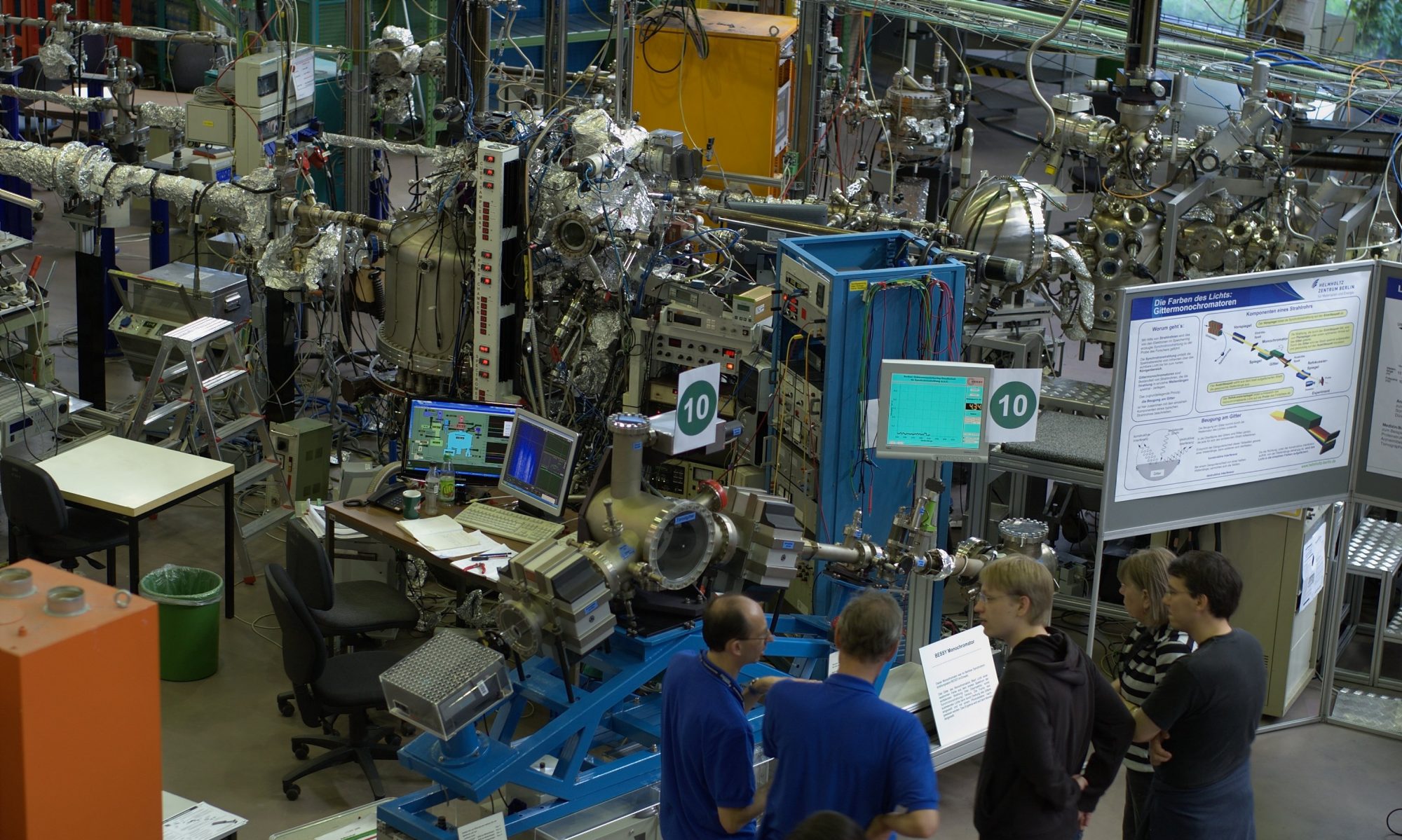We have adopted three demonstrator projects to kick of the Campaign.
Project are part funded by the University of Nottingham Smart Products Beacon of Excellence
RoboClean: Human Robot Collaboration for Allergen-Aware Factory Cleaning
In food and drink manufacturing, a third of working time is spent cleaning, which significantly affects productivity and efficiency. This project aims to understand and address the industry need for cleaning support technologies by developing and deploying human robot collaboration to assist in the cleaning of factories and detect the unwanted presence of allergens to prevent food safety events.
Food Design for Future Dining (FD)2
Traditionally “food design” has been an area of expertise for Chefs, where raw materials are combined and cooked or processed, resulting in the blending of multiple components to create a “dish”. However, the food engineering involved in current culinary processes resembles processes taking place at universities, with extensive testing of exotic ingredients requiring control and high levels of precision. Food is also a highly regulated commodity where, in order to bring a food to market, regulatory requirements must be met and businesses must be able to support any claims made by reference to evidence. This project will address a number of questions through creative technologies and engineering research – designing and demonstrating prototypical digital foods that provide novel physical and digital eating experiences.
Industrial Co-bots Understanding Behaviour (I-CUBE)
Collaborative robots, or co-bots, are robots that work collaboratively with humans in a productivity- enhancing process – most often associated with manufacturing and/or healthcare domains. Despite the aim to collaborate, co-bots lack the ability to sense humans and their behaviour appropriately. Instead robots rely on physically mechanical, hierarchical, instructions given explicitly by the human instead of utilizing a more natural means to include pose, expression, and language, and utilize this to determine behaviour. In turn, humans do not understand how the robot makes its decisions. This project will enable research in human-robot corporation and bring together the ‘know-how’ and ‘research interests’ of human factors work, automatic human behaviour analysis and machine learning. Based on a laundry sorting co-bot task, the project will investigate how humans and robots explain their tasks, cope with mistakes and guide each other to overcome (impending) failure.
